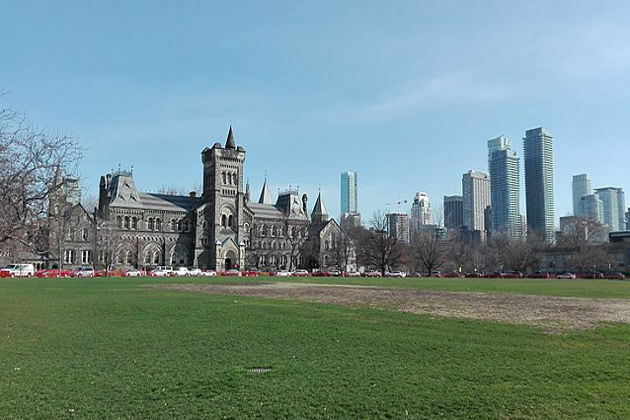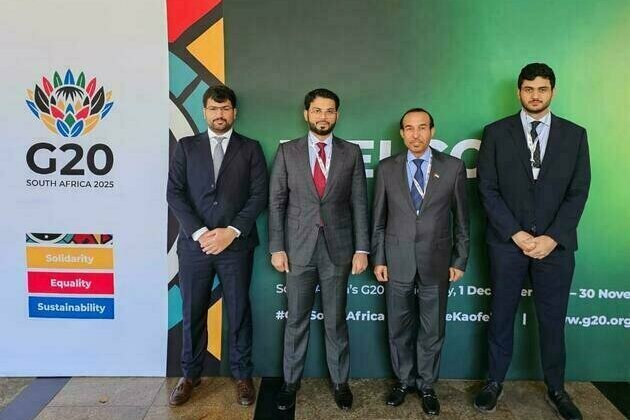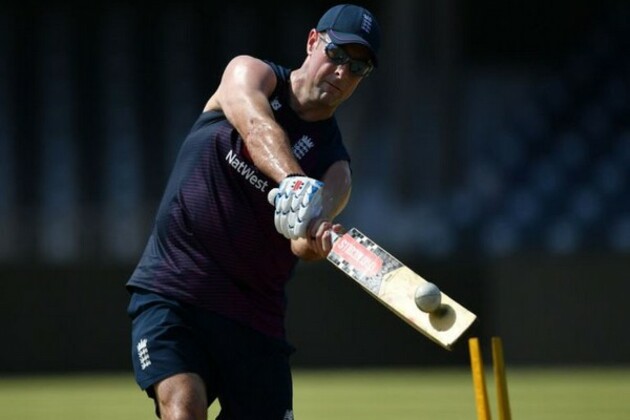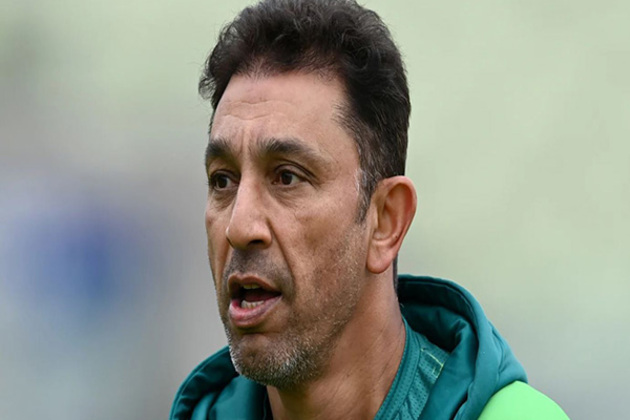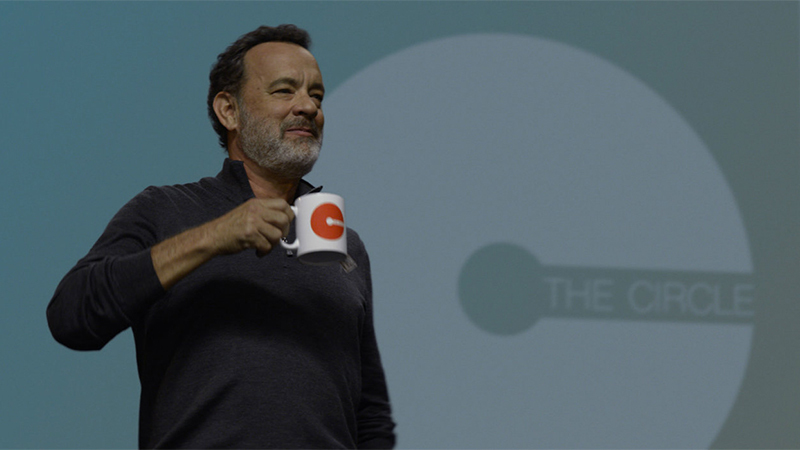Jobless young South Africans often lose hope: new study proves the power of mentorship
The Conversation
30 Jun 2025, 13:52 GMT+10
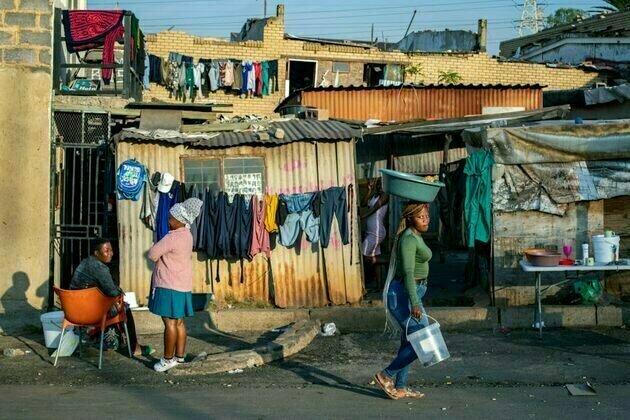
More than a third of young South Africans are not in employment, education or training. This cohort of 3.4 million (37.1% of those aged 15-24) risks long-term joblessness. Discouragement - giving up looking for work - is also a risk, as the latest data show.
This has serious social and economic implications. Social and economic exclusion can lead to declining mental health, social drift, long-term dependence on grants and lost economic potential.
To help break this cycle, a research team we were part of piloted a Basic Package of Support programme that offered personalised coaching and referrals to services to tackle the barriers young people face. Between 2022 and 2024 we worked with 1,700 young people in three of South Africa's nine provinces - Gauteng, KwaZulu-Natal and the Western Cape. The team worked in peri-urban areas where there were high rates of young people not in education, employment or training.
The initiative aimed to help young people clarify their goals and find pathways into relevant learning and earning an income.
The results of the programme showed improved mental health, reduced distress and a stronger sense of belonging. The findings show the power of targeted and multifaceted support to prevent social drift.
The pilot took place in three peri-urban communities with limited job and learning opportunities, and high rates of poverty and unemployment. We chose these areas for their high rates of young people who are not in education, employment or training.
Over half of the participants (51%) were aged 18-20, 43% were 21-24 and just under 6% were aged 25-27. While 51% had completed high school, 30% had grade 9-11, and under 2% had less than grade 9. A further 17% held a university degree. Most (77%) had been actively seeking work, or opportunities in training or volunteering (73%), when they started the programme.
Data were collected at intake and after three sessions. A monitoring survey after each coaching session was used to determine whether the participant was in any earning or learning opportunity.
The qualitative component included in-depth interviews with young people who had completed multiple coaching sessions. Interviews were conducted six to eight months after pilot sites were opened to explore participants' situations, experiences of coaching, and any shifts in perspective.
The primary objective of this pilot phase was to assess the programme's capability to:
engage and support disconnected young people
achieve anticipated outcomes, including improved sense of belonging, wellbeing and connection to learning or earning opportunities.
In general, feelings of being supported and having access to resources in their community were low among the participants: 18.33% reported having had low levels of support in general, from adults and from peers. Young men reported considerably higher access to peer support than women (9% of men rated peer support as low relative to 24% of women).
One-third of young people reported a lack of access to, or availability of, resources in their community. These resources included health, psychosocial, or training resources.
Emotional wellbeing and psychosocial factors are critical precursors to engagement in the labour market. Having a sense of control, positive sense of self-esteem, and future orientation promote resilience, which is critical to searching for and taking up opportunities.
Research has also shown that spending a long time without learning or earning creates disillusionment and poor mental health, creating a cycle of chronic unemployment and social drift.
For these reasons we felt it was important to examine how the young people's well-being had changed as they progressed through the programme. The programme involved:
reaching out to young people
conducting an assessment to understand where they wanted to go and the barriers they faced
coaching sessions
referrals to relevant services to overcome barriers
opportunites to take steps towards their planned objectives.
The research team saw positive changes in all emotional well-being indicators, including quality of life, anxiety, emotional distress, and sense of belonging. Participants also showed an interest in taking up available training and work opportunities. They showed improvements in the three key outcomes we examined for this pilot phase.
Firstly, participants felt supported, were more resilient, and had better mental health outcomes than before they completed three coaching sessions.
Secondly, they showed increased capacity, knowledge and resources to navigate and access the systems and services needed to realise their aspirations.
Thirdly, 40% of them took up available opportunities to learn and earn income after just three coaching sessions. Larger numbers of these young people connected to training or education opportunities than to job opportunities. This is hardly surprising in the context of low job growth.
Taken together, these findings showed that the young people felt more positive about their lives after completing three coaching sessions. They indicated that, prior to starting the programme, they had been feeling unhappy about life and lost about how to move forward in their lives.
Part of their frustration was not having anyone to talk to about how they were feeling.
A 21-year-old female participant said after completing round two:
I didn't know where I was going in life, what I was going to do, I didn't know where to start. It was a whole blank page for me.
A young man said after round one:
Before I got here, the way I was feeling I didn't think I can do anything progressive about my life. I had finished high school, but I didn't know what step to take from there and ... I did try but nothing worked ... Coaching helped me cope and feel more optimistic.
The programme is based on the idea that some young people need more time and support to find their way back into work or education. This might mean connecting them to counselling, childcare, nutrition or social grants.
The pilot revealed high levels of emotional distress, echoing recent labour force data that shows growing discouragement in the working age population. It's clear that skills training alone isn't enough; many young people need broader, deeper support to reconnect and thrive.
Efforts to help young people become employable need to offer more support than simply skills training. People involved in the youth employability/youth employment policy and programming sector have to understand young people from a holistic point of view and take into account the significant barriers that poverty and deprivation continue to create. This is the only way to achieve employability programmes that make an impact.
 Share
Share
 Tweet
Tweet
 Share
Share
 Flip
Flip
 Email
Email
Watch latest videos
Subscribe and Follow
Get a daily dose of Cape Town Express news through our daily email, its complimentary and keeps you fully up to date with world and business news as well.
News RELEASES
Publish news of your business, community or sports group, personnel appointments, major event and more by submitting a news release to Cape Town Express.
More InformationInternational
SectionDeepSeek faces app store ban in Germany over data transfer fears
FRANKFURT, Germany: Germany has become the latest country to challenge Chinese AI firm DeepSeek over its data practices, as pressure...
Canadian option offered to Harvard graduates facing US visa issues
TORONTO, Canada: Harvard University and the University of Toronto have created a backup plan to ensure Harvard graduate students continue...
Israel should act fast on new peace deals, Netanyahu says
JERUSALEM, Israel: Israeli Prime Minister Benjamin Netanyahu says that Israel's success in the war with Iran could open the door to...
UN offer rejected in Dreamliner crash investigation
NEW DELHI, India: India has decided not to allow a United Nations (UN) investigator to join the investigation into the recent Air India...
UN climate agency gets 10 percent boost amid global budget cuts
BONN, Germany: Despite widespread belt-tightening across the United Nations, nearly 200 countries agreed this week to increase the...
Mexican President orders review of SpaceX environmental impact
MEXICO CITY, Mexico: Mexican President Claudia Sheinbaum said this week that her government is investigating possible environmental...
South Africa
SectionApple Music partially restores sanctioned Russian artists
The platform has brought back the profiles of the likes of Shaman and Polina Gagarina Apple Music streaming service has restored...
UAE participates in Third G20 Sherpa Meeting
ABU DHABI, 30th June, 2025 (WAM) -- A delegation from the UAE, led by Mahash Saeed Al Hameli, UAE Ambassador to South Africa and the...
Marcus Trescothick joins Southern Brave Men as batting coach
London [UK], June 30 (ANI): Former England opener Marcus Trescothick has been named the batting coach for Southern Brave's men's team...
SC allows Lalit Modi to seek civil remedy in plea against Rs 10 crores fine imposed by ED
New Delhi [India], June 30 (ANI): The Supreme Court on Monday has granted liberty to Lalit Modi to move to a civil court to seek remedy...
Azhar Mahmood appointed as acting head coach of Pakistan for red-ball cricket
Lahore [Pakistan], June 30 (ANI): Azhar Mahmood has been named as Pakistan's new acting red-ball head coach, according to the official...
Jobless young South Africans often lose hope: new study proves the power of mentorship
More than a third of young South Africans are not in employment, education or training. This cohort of 3.4 million (37.1% of those...


